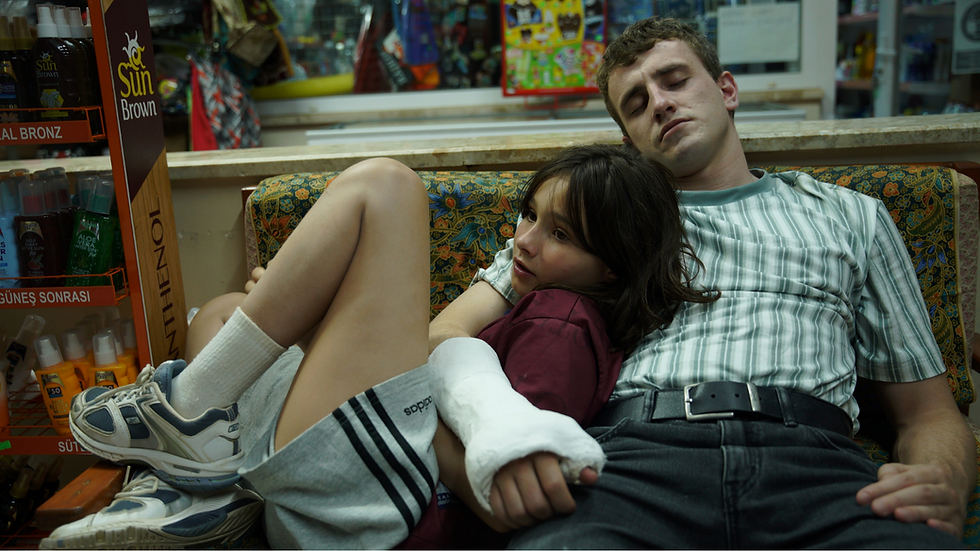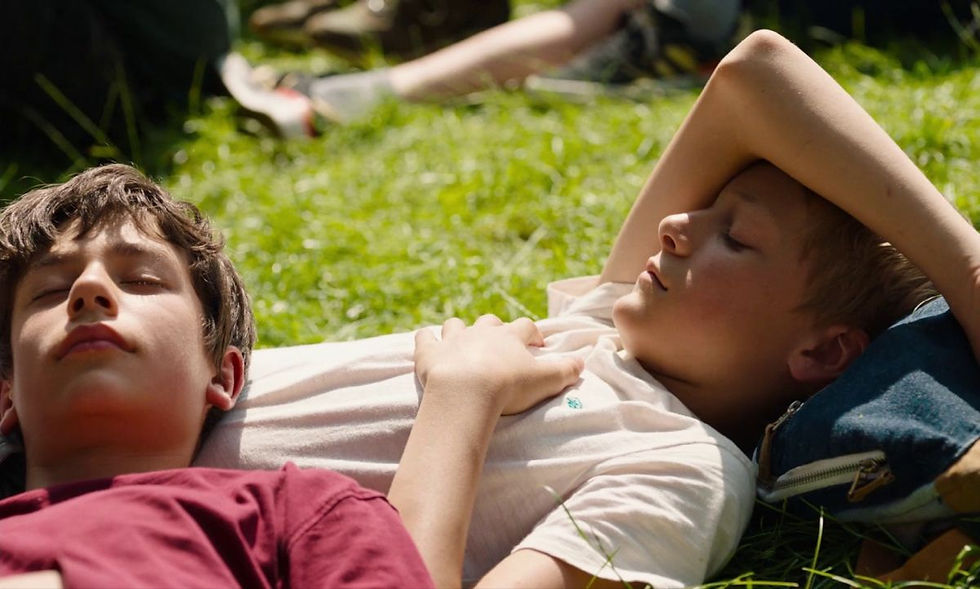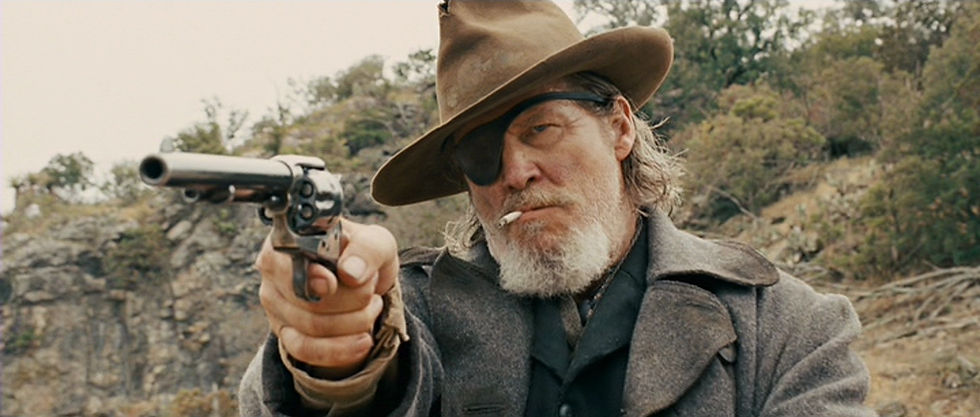Midsommar (2019) dir. Ari Aster
- Tom Patterson
- May 26, 2021
- 4 min read
Updated: Mar 8, 2023

Directed By Ari Aster
Released 5th July, 2019
Midsommar is Ari Aster’s 2019 folk-horror film, starring Florence Pugh as Dani: the protagonist whose narrative seems to consist of enduring one traumatic event after another.
The film starts out with a family tragedy of teeth-clenching proportions. Dani, reeling from this, chooses to visit a Swedish commune with her eternally unreliable boyfriend, Christian (Jack Reynor), and his three indifferent college friends. As you might expect with a horror film, the commune doesn’t end up being the sanctuary the characters first anticipate.
For the record, I’m no big fan of horror films. I still don’t really understand why people scare themselves for fun.
But Midsommar is different. It diverges from the supernatural themes of Aster’s first film – Hereditary, examining instead the nefarious elements that can arise from isolated communities of people.
However, there is continuity in Midsommar stemming from Hereditary and Aster’s acclaimed short-film: The Strange Thing About the Johnsons. The brutal corruption of the family that exists in these earlier films is expanded and developed into the corruption of the wider family of the commune, with all of the brutality left intact.
On a wider scale, I found that the corruption and inversion of symbols of purity and sacredness –like the family– primarily drives the film. Incest, manipulation and death are central components of a commune that, from the outside, looks like a big happy family.
Further, unblemished commune members wandering across the bright meadows and green vistas in perfectly white tunics are constantly undercut by the memory of the first twenty minutes. The bleakness of the darkened colour-palette, the snow and the opening events themselves haunt the remainder of the film. (An important note is just how good the opening is; the carefully orchestrated revelation of a dark and unforgiving world leaves the audience firmly within Aster’s palm). This dynamic between light and dark, pure and defiled, good and evil, propels the plot forwards and keeps your attention gripped.
The main characters are superbly cast, with Christian and his college friends each modelling their own version of hubris.
Christian, as the human expression of inertia, encapsulates a lacklustre commitment to a relationship. He’s a great guide on how not to be a good boyfriend under increasingly deteriorating circumstances.
Josh’s (William Jackson Harper) focus on his anthropology research, at the expense of his humanity, sets up the detachment that allows later horrors to become arbitrary scientific observations, the key to both his academic success and his downfall.
Mark (Will Poulter), the perennially sexually-frustrated college-student caricature, provides some comic relief stemming from his own selfish, hedonistic tunnel-vision.
Yet, funnily enough, it’s Pelle –the host of this trip to his family’s commune- who comes across as the most normal and level-headed of the crowd. He’s the only one who recognises and has compassion for Dani’s tragic loss, a fact saturated in irony as he’s revealed to be the plotting pied-piper, leading the group into their picturesque trap.
Florence Pugh is brilliant in the lead role. As mentioned, her time in this film is filled with personal trauma, and her fellow travellers are utterly unconcerned and self-serving. The way she communicates trauma throughout reminded me of someone treading water far out to sea. The head bobbing under into the endless quiet, as she psychologically detaches from the absurd violence and defilement she sees, before returning back to the crashing waves. Pugh sensitively demonstrates the fluctuation between grief and delirium characteristic of someone struggling in an impossible situation, as her reality falls down around her as quickly as her opponents in the May Queen competition. She also provides a personal highlight in the very last shot of the very last scene, adding layers to the grotesque with a single facial expression.
As the group first lands in Sweden and sets off on their car journey north, Mark’s slavering comments on Swedish women fade and are quickly replaced by an ominous drone. A tracking shot following the car, on an empty road cutting through dense forest, slowly rotates over the vehicle and stops upside down, in a nod to both the opening scene of The Shining and the inversion of reality that is taking place.
My favourite moment came when Pelle explained the life-cycle of the commune members, split into four ‘seasons’ of eighteen years apiece. When Dani asks what happens once they reach seventy-two, Pelle responds wordlessly, drawing his fingers across his throat. The absurdity of it provokes laughter in the other characters, but when two pensioners pull up to the head of the table in a lavish ceremony in the next scene, you recognise that there is little there that resembles a joke.
Overall, Midsommar is a brilliantly executed horror, without the standard supernatural accompaniments. An insight into the madness of cults and the failings of hubris, the film ties up its sinister themes with a thread-perfect costume design and a classical score that is in equal parts absorbing and haunting. This film will have you on the edge of your seat throughout, and leave you reconsidering that trip you had planned to the Swedish countryside.
Streaming on Netflix
8.2/10



Comments